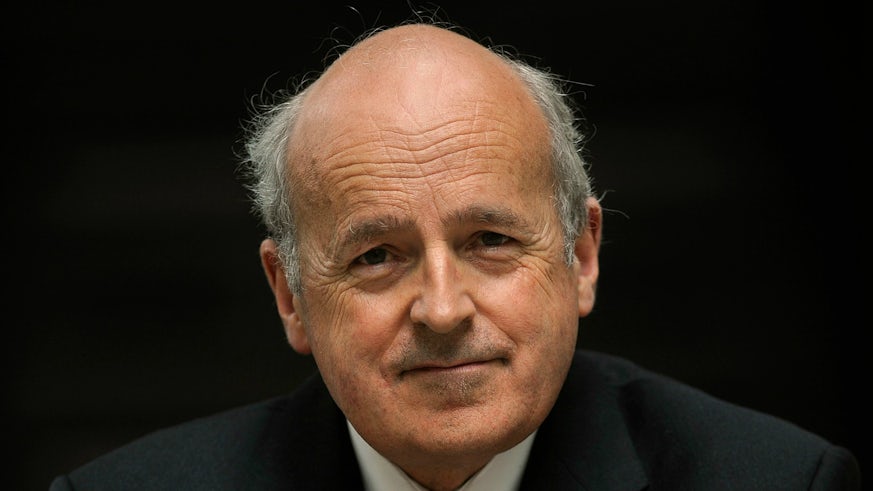Tackling violence
29 March 2016

An innovative University model for tackling violence has been adopted by the Home Office in a new UK-wide Modern Crime Prevention Strategy.
A violence prevention programme pioneered by Professor Jonathan Shepherd uses data from Accident and Emergency Units to pinpoint violent hotspots, helping law enforcement agencies and city governments reduce violence and cut the cost of emergency treatment in hospitals.
Launching the strategy in London, Home Secretary Theresa May MP pledged to encourage more effective hotspot policing through greater sharing of A&E data.
“The fact that crime is changing means we all need to update the way we think about crime prevention, building on the successes of the past whilst making the most of new research, techniques and tools to protect the public,” said the Home Secretary in the foreword.
The Information Sharing to Tackle Violence initiative has brought together police, medical staff and local authorities to collect information on the times and locations of assaults and weapons used.
The data is used to drive preventive action, including: adjusting the routes of patrols, moving extra officers to the city centre at certain times, targeting problematic licensed premises, and introducing plastic glasses in pubs and bars.
The strategy notes: “The scheme is built on the Cardiff Violence Prevention Programme which resulted in a significant reduction in rates of hospital admissions for violence, and we are supporting this work elsewhere.”
Professor Jonathan Shepherd, who chairs Cardiff’s Violence Research Group, said: “The inclusion of our research in the Modern Crime Prevention Strategy is not only testament to the success of the Cardiff Model. It also demonstrates how the findings of rigorous experiments are now being used to shape Government policy. Working together, Government, health services, law enforcement, businesses and the public can tackle violence hotspots and make our streets and communities safer.”
The Cardiff Model was first trialled in Cardiff (UK) from 2002 to 2007 and has been rolled out around the world - most recently in three Australian capitals: Melbourne, Sydney and Canberra.
The Cardiff Model was conceived by surgeon Professor Shepherd 20 years ago when he found police were unaware of most violent incidents which resulted in emergency hospital treatment. People injured in these unreported incidents would often end up on his operating table needing facial reconstructive surgery.
In 2008, this "Cardiff Model" gained international recognition when Professor Shepherd was awarded the Stockholm Prize in Criminology. The World Health Organisation (WHO) uses the model as an exemplar for violence prevention across the globe.